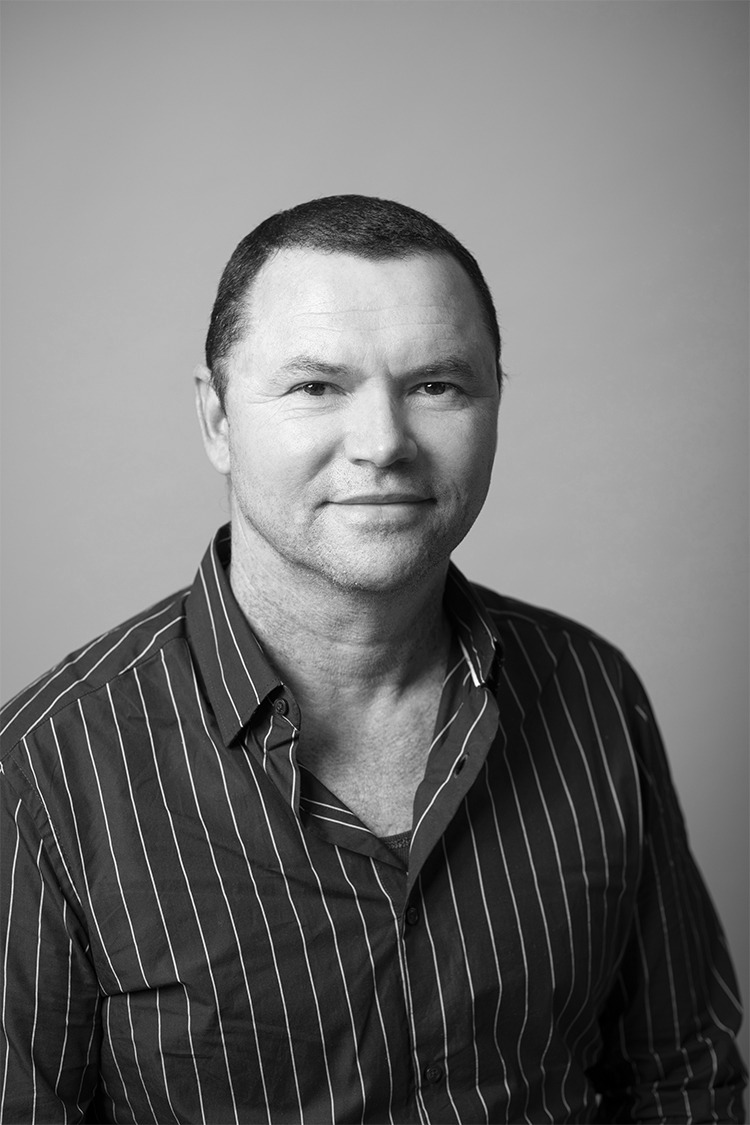2022 NSW President's Prize
Dillon Kombumerri
Throughout his professional life, Dillon has shown extraordinary leadership and as a Yugembir descendent from the Gold Coast, brings his own unique indigenous perspective in the design of buildings and places, always with the aim to improve the health and wellbeing of Country and Indigenous communities through the design process.
In his role as Principal Architect with the Government Architect NSW, he is a co-author of the state’s Connecting with Country Draft Framework. In his words, the work “is a shaping, an alternative, an extension, built upon cultural knowledge that’s been here forever, an opening deep in time.” Most importantly, the document offers the government and the built environment industry a pathway to listening and as we are all experiencing now through our work, its adjustment away from human-centred to country-centred design creates richer, more holistic design outcomes. This work has fundamentally shifted the way in which we practice into the future, for the better.
His passion for sharing the hidden value of Indigenous knowledge in the creation of the built environment has seen him teach and lecture globally in many forums, with an ongoing position as Adjunct Professor at the University of Sydney for the last 10 years. In 1998 he was awarded the Winston Churchill Fellowship. Dillon was a founding member of Merrima Aboriginal Design within Government Architect NSW and was instrumental in assisting with the development of the RAIA NSW Chapter Reconciliation Prize.
He has also been the recipient of several awards for his work, including the RAIA NSW Chapter Blacket Award, Premier’s Award through the RAIA NSW Chapter and NSW Premier’s Public Sector Award for work in Indigenous health and community/family centres.
Dillon embodies the principles of advocacy through service to our profession. In awarding the 2022 President’s Prize, NSW Chapter President Laura Cockburn commends Dillon for his vision, drive and determination in his passion to give voice to Indigenous issues and affect change within the practice of architecture to create more inclusive and sustainable, good design outcomes for our built environment and communities.

